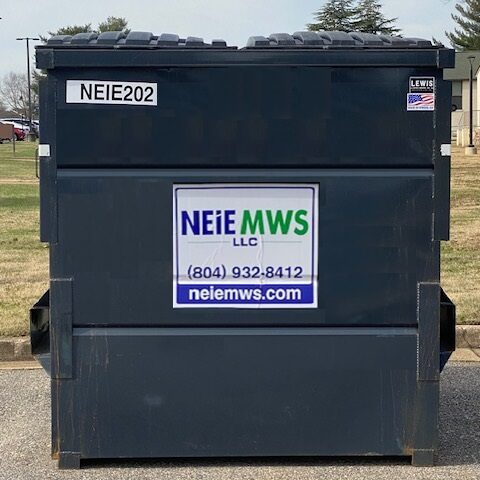Every day, hospitals, clinics, and laboratories generate waste that could endanger human health and the environment if not handled correctly. From contaminated sharps to expired medications, the proper disposal of these materials is a matter of public safety. As healthcare facilities expand and the demand for services increases, so too does the volume of medical waste. This growth makes effective management not only a legal obligation but a moral responsibility. This article explores the importance of specialized medical waste disposal, focusing on the impact and practices surrounding NEIE solid waste disposal and NEIE pharmaceutical waste services.
SAFEGUARDING COMMUNITIES THROUGH MEDICAL WASTE MANAGEMENT
Medical waste is not just a byproduct of healthcare—it can become a serious risk if not managed with precision. Infectious materials, blood-soaked disposables, and surgical waste need to be processed according to strict regulatory guidelines. Companies that handle NEIE solid waste disposal provide a crucial service by collecting, transporting, and disposing of these materials in a manner that minimizes public exposure. Their role reduces the likelihood of contamination in landfills, ensures compliance with environmental laws, and limits the spread of diseases in densely populated areas.
TECHNOLOGICAL INNOVATION IN SOLID WASTE DISPOSAL SERVICES
The disposal of solid medical waste involves complex technologies and procedures designed to neutralize or eliminate hazardous content. Advanced treatment systems such as autoclaving, chemical disinfection, and high-temperature incineration are employed by service providers specializing in NEIE solid waste disposal. These techniques are designed to meet federal and state regulations while also addressing environmental concerns. By prioritizing sustainability, these companies help healthcare facilities reduce their ecological footprint while maintaining the highest safety standards for both patients and the general public.
THE RISE OF PHARMACEUTICAL WASTE IN MODERN HEALTHCARE
Alongside traditional medical waste, the issue of expired or unused medication has become increasingly problematic. Facilities often struggle to dispose of pharmaceuticals properly due to the chemical complexity of the materials and strict disposal guidelines. Mismanaged medications can leach into groundwater systems, posing serious environmental hazards. The safe and compliant disposal of NEIE pharmaceutical waste helps prevent this issue. It ensures that potent drugs and chemical compounds do not fall into the wrong hands or contaminate ecosystems through improper flushing or landfill dumping.
PHARMACEUTICAL DISPOSAL: A CRITICAL COMPONENT OF PUBLIC HEALTH
Proper NEIE pharmaceutical waste management involves a range of services, including secure pickup, documented destruction, and compliance with DEA regulations. These practices are vital not only for hospitals and clinics but also for pharmacies, research labs, and long-term care facilities. Providers offering NEIE pharmaceutical waste services mitigate the risk of drug diversion, accidental poisoning, and chemical contamination. The expertise of these companies ensures that facilities remain in regulatory compliance while also protecting the wider community from pharmaceutical pollution.
ADDRESSING COMPLIANCE AND ETHICAL RESPONSIBILITY
In a landscape where regulatory requirements are becoming increasingly stringent, medical waste disposal is no longer a secondary concern. It has become a cornerstone of facility management and patient safety. Ethical responsibility and adherence to federal laws dictate how waste should be collected, handled, and destroyed. Providers that handle both NEIE pharmaceutical waste and solid waste are critical to helping facilities navigate this complex terrain. Their guidance reduces liability, enhances operational efficiency, and reinforces a healthcare institution's commitment to ethical practice.
CONCLUSION: THE FUTURE OF MEDICAL WASTE DISPOSAL
As medical technologies advance and public awareness grows, the demand for specialized waste services will continue to rise. Healthcare institutions must prioritize sustainable and compliant disposal practices to meet the needs of modern society. Companies like NEIE Medical Waste Services play an indispensable role in meeting these demands. Their dedication to safe, legal, and efficient disposal is helping build healthier communities and cleaner environments. To learn more about their services, visit. Whether it involves NEIE solid waste disposal or the careful handling of NEIE pharmaceutical waste, the future of healthcare safety depends on meticulous waste management practices.






